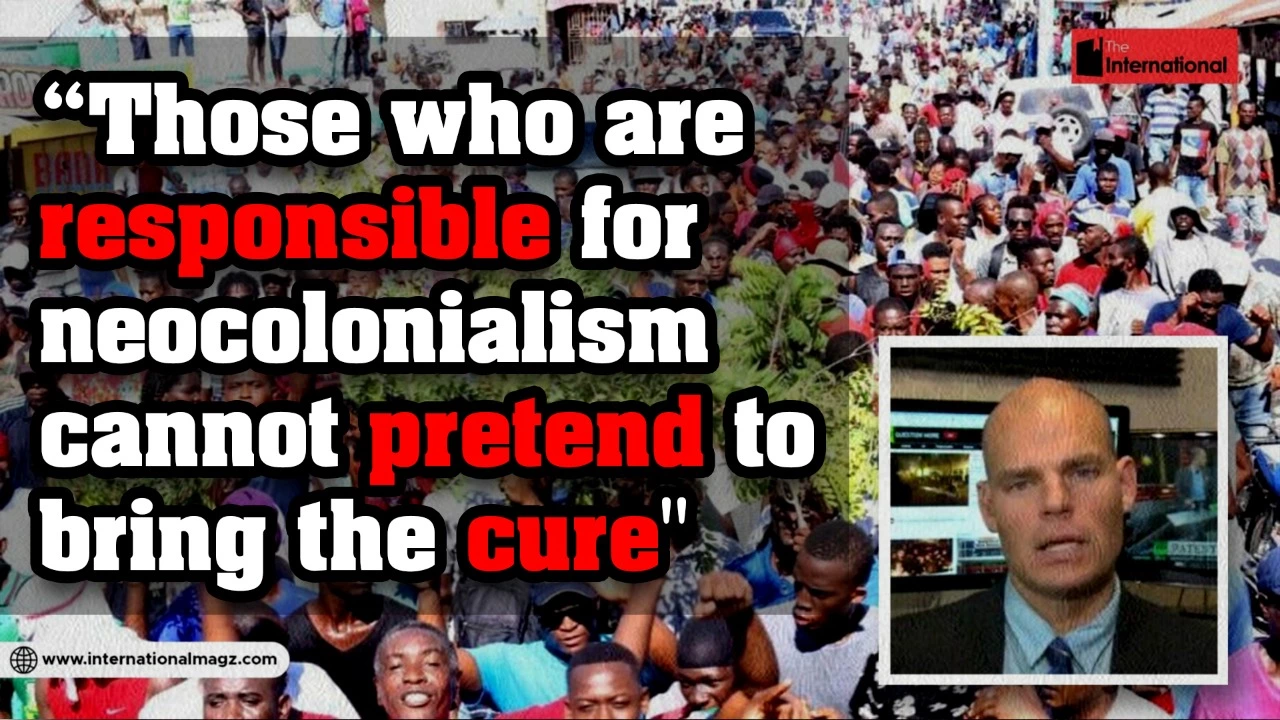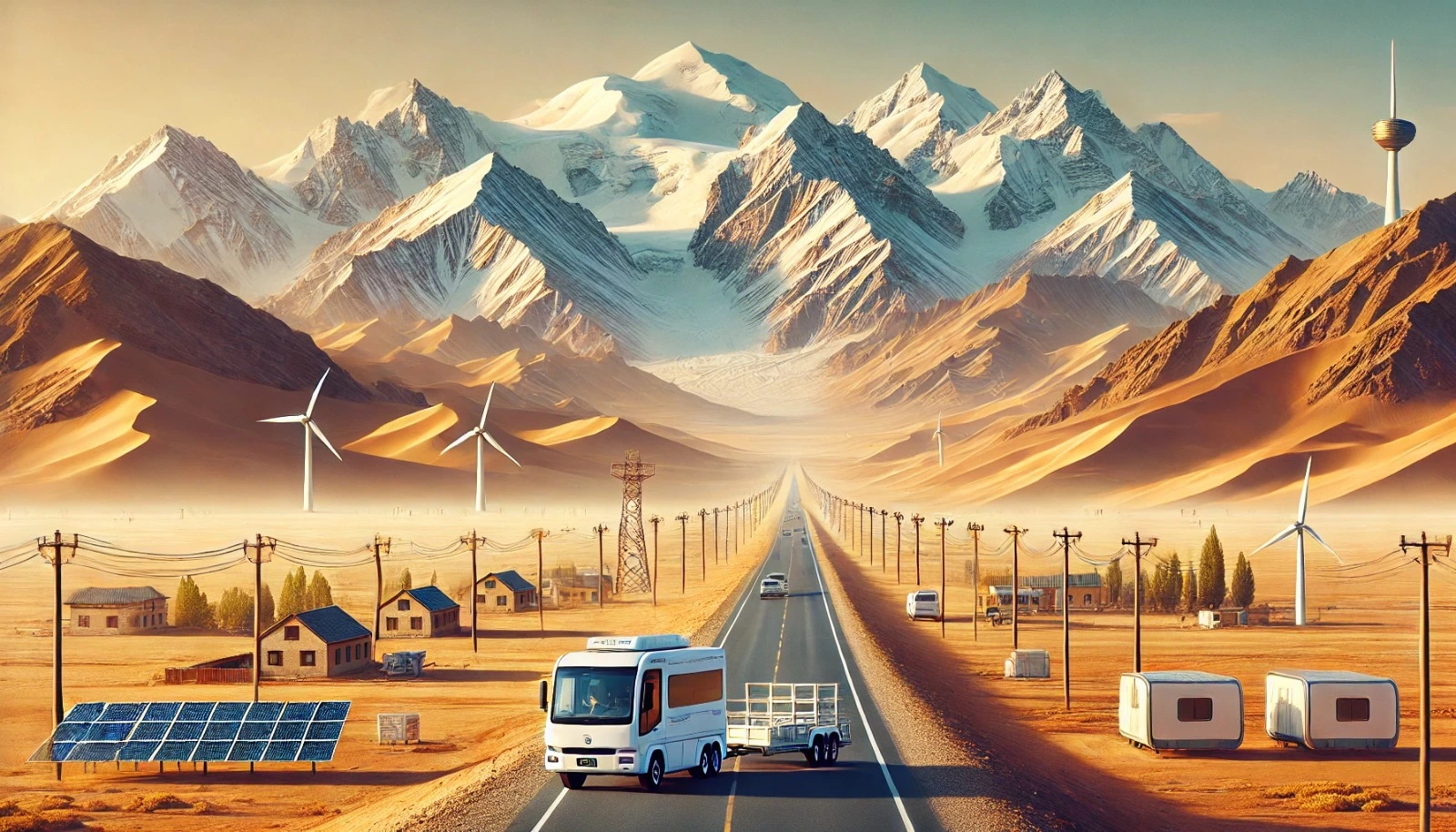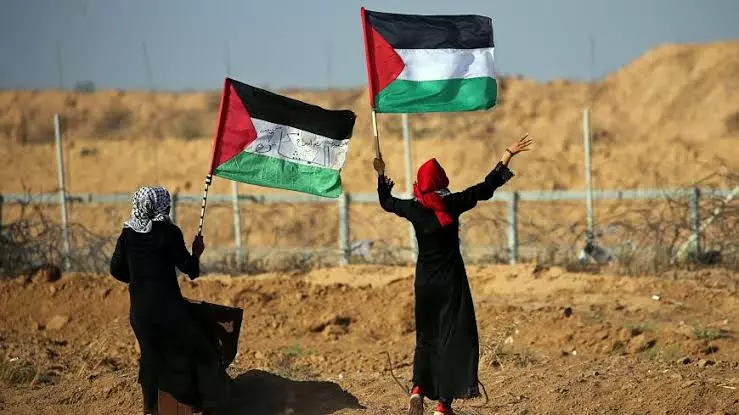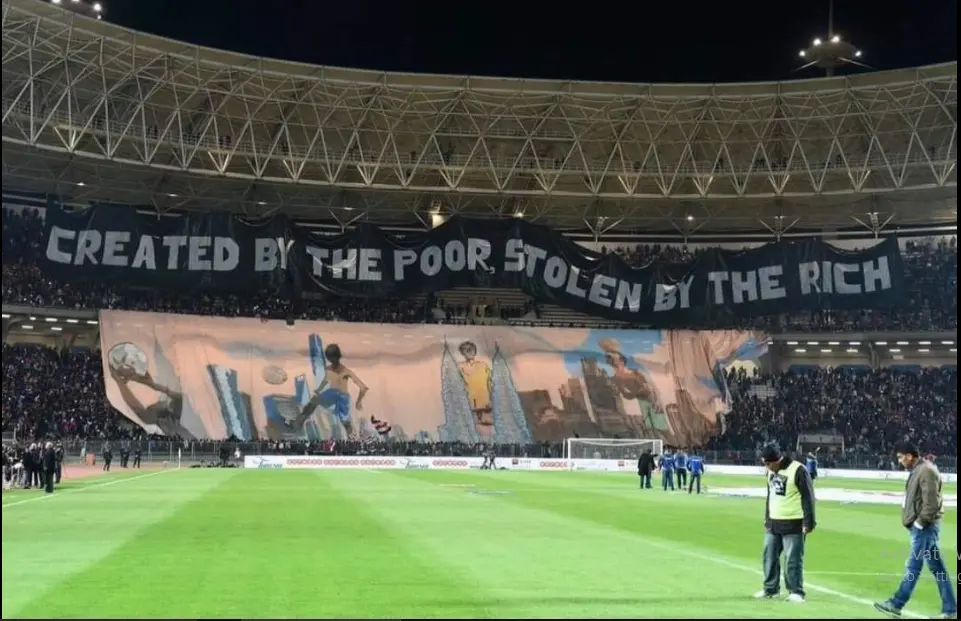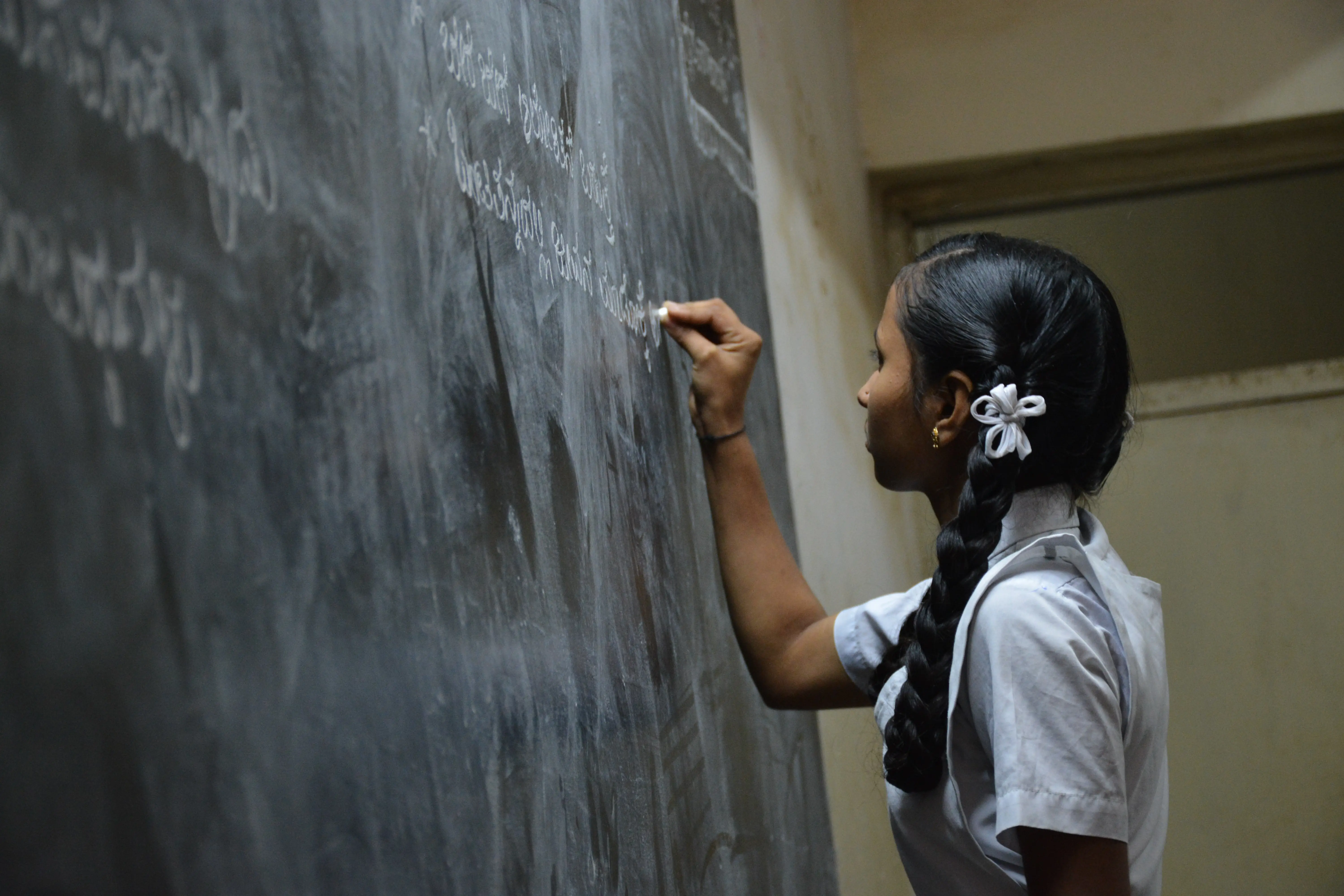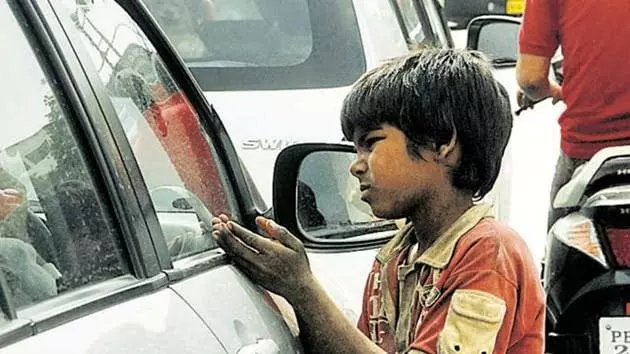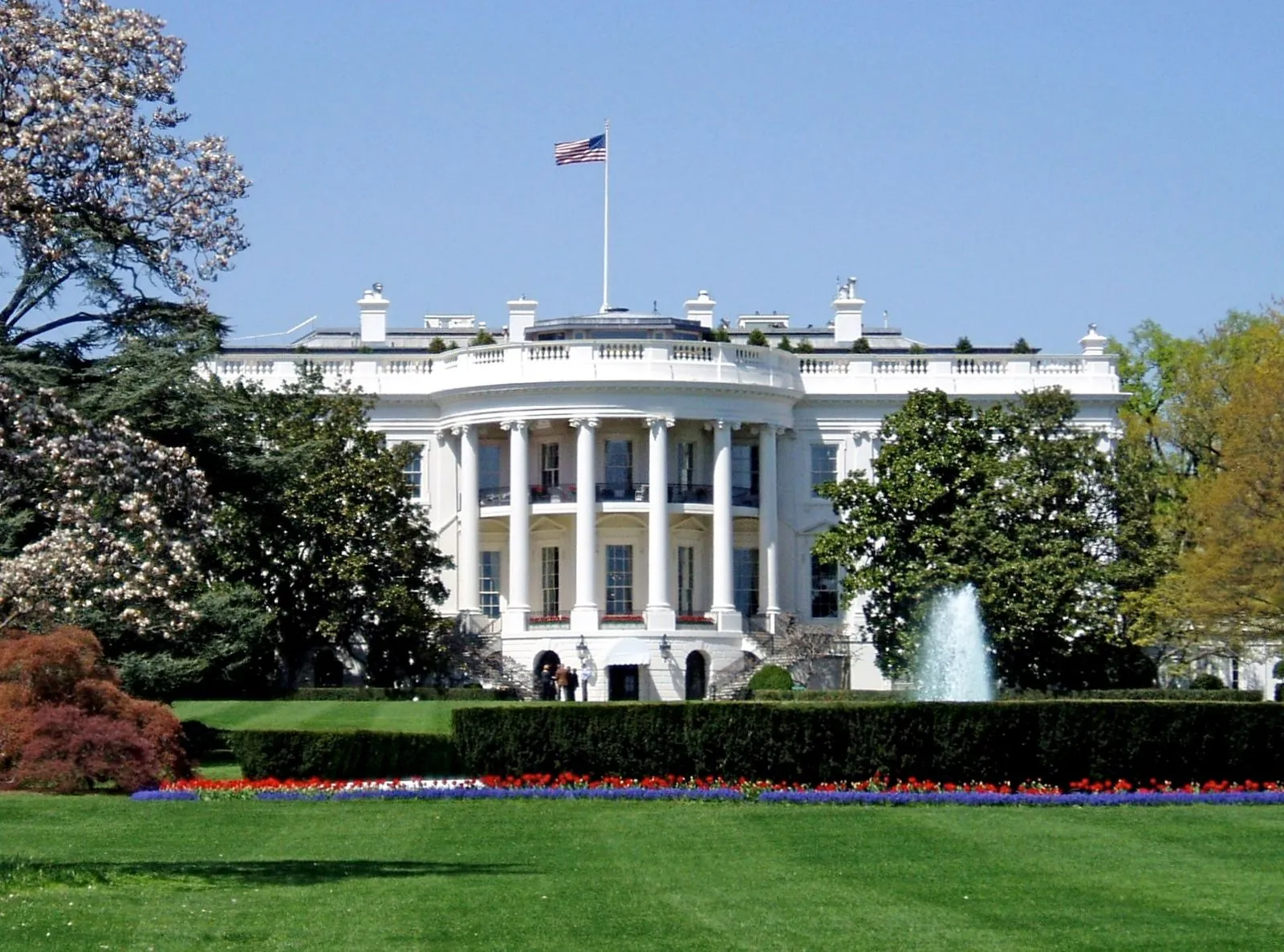Danny Shaw, an American political analyst and professor at the City University of New York, spoke to The International about Haiti’s struggle for freedom.
The Haitian Prime Minister Ariel Henry recently called for foreign states to send troops to help bring order to his country, a request that echoes deep into the colonial history of the impoverished nation. Shaw pointed out that if there was a military intervention, it would be the fifth such event in just a century. Noting the hypocrisy of the West and its pretence of acting in the name of the international community, Shaw told us: “We have to push back against this evil euphemism, ‘the international community’. The United States and its allies are in no position to talk about the ‘international community’.”
Haiti has long been misunderstood in the West, Shaw observes: “You have to go back in history and understand that this nation has never been poor, but rather an exploited, oppressed and misunderstood country."

In a recent interview with Yasmel Corporán, Shaw commented that foreign powers’ investments in Haiti mean that nothing there escapes their notice. But the Haitian people don't need foreign interference, he argued. Rather they want to be left in peace to determine their own destiny. When Corporán asked if Haiti can really overcome its problems by itself - its fuel shortage, health crisis, problems with crime, social crisis - Shaw insisted that it could, arguing that the recent protests in the country are a sign of a people seeking positive change for their country: "What we are seeing right now is a continuation of the protests that began years ago. The people have the right to protest, to mobilize,” he said, adding that, of course, he did not pretend that the path ahead was an easy one.
Recent years have seen a resurgence of the left in Latin America, a return of the so-called Pink Tide. Shaw applauds this, and looks forward to a free Haiti that would stand have an independent foreign policy, free to speak to whoever it wanted without worrying about what the US or its allies thought: “A true ‘international community’ would mean that the Haitian people were in dialogue with Caracas, Havana, La Paz, Managua, Beijing, Moscow, Harare. That is to say, dialogue with countries that are in resistance, countries that are building a truly multipolar world,” he told The International.
The US offers a unipolar world, dominated by itself and its allies, together with the neoliberal capitalist experiment of “globalization”, which Shaw prefers to call “Gringoization” in Latin America because it has been so one-sided. US economic power, he believes, is now clearly on the decline, even as the superpower retains its military supremacy.
Just as the resurgent left in Chile, Argentina, Mexico, and Colombia reflects a weakening of neocolonial influence in the region, Haiti must similarly avoid falling into the trap of following US and Western prescriptions. “Those who are responsible for the disease of neocolonialism cannot pretend now to bring the cure," says Shaw. Looking at history, he believes that “a mobilized people is a conscious people” and the current mobilization in Haiti may therefore be the precursor to real change.
